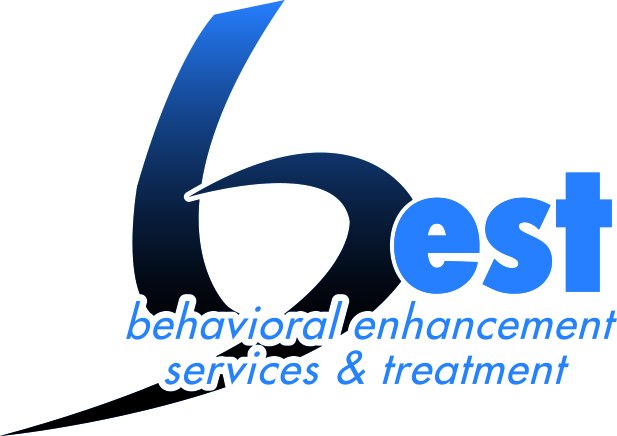When you’re recovering from substance abuse addiction, finding the support you need can make the difference between full recovery and relapse. That’s where recovery coaching comes in. This beginner-friendly guide explores the place of recovery coaching in staying on course and achieving lasting change on the path to full recovery.
Key Takeaways:
- Recovery coaching offers a vital support mechanism for individuals recovering from alcoholism and drug addiction.
- Recovery coaches provide the tools, resources, and encouragement needed to navigate the journey of recovery.
- Focused and personalized support, sustained sobriety, and enhanced empowerment are some benefits you can expect from recovery coaching.
Table of Contents
What is a Recovery Coach?
A recovery coach is a trained professional who supports and assists individuals in recovery from addiction. Unlike other mental health professionals, recovery coaches often have personal experience with recovery, providing them with a unique perspective and ability to relate to those they help. Put simply, a recovery coach becomes a motivator, ally, role model, and resource coordinator.
Recovery coaching aims to create a future full of positive opportunities and fulfilling relationships rather than merely addressing the substance abuse itself. This approach helps individuals in recovery to navigate the complexities of their new lives in recovery, fostering long-term sobriety, and personal growth.
What Does a Recovery Coach Do?
Some of their key responsibilities aimed at supporting individuals in recovery include:
1. Goal Setting
The first crucial responsibility is to help a client formulate a plan of action that will help them get rid of the substance abuse problem. Setting clear and achievable recovery and personal goals is crucial for maintaining sobriety.
2. Accountability
Coaches keep their clients accountable by offering the right support and encouragement to keep them committed to their recovery goals.
3. Resource Navigation
They assist in navigating the health system and community to find appropriate support services, including medical treatment, housing, employment opportunities, and education.
4. Skill Development
Coaches work with individuals to develop essential skills for sobriety, such as coping mechanisms, problem-solving skills, and healthy ways to handle stress and emotions.
5. Relapse Prevention
They help plan and implement strategies to avoid relapse, staying proactive about potential triggers and stressful situations.
6. Support and Encouragement
Providing consistent support and motivation, recovery coaches help individuals view their progress objectively, maintain a positive outlook, and stay focused on recovery.
Recovery Coach vs. Therapist vs. Sponsor
While recovery coaches play an integral role in the support system of a person in recovery, they can only offer generalized assistance compared to therapists and sponsors. Understanding these distinctions can help individuals choose the right type of support at various stages of their recovery journey.
Recovery Coach
A recovery coach is primarily focused on helping individuals build a fulfilling life away from substance abuse. They are action-oriented and mainly focus on creating and maintaining a realistic plan for sobriety and personal development. They often work in non-clinical settings and do not diagnose or treat addiction or any co-occurring disorders.
Therapist
Therapists are behavioral health professionals who diagnose and treat mental health and substance use disorders. They utilize clinically-tested therapies like Cognitive Behavioral Therapy (CBT) and Psychodynamic Therapy to address the psychological aspects of addiction.
Sponsor
Typically found in 12-step programs like Alcoholics Anonymous (AA) or Narcotics Anonymous (NA), a sponsor is someone who has maintained sobriety and guides newer members through the recovery process. The relationship is more personal and informal compared to that with a recovery coach and heavily based on shared experiences.
Benefits of Recovery Coaching
Recovery coaching offers the following short and long-term benefits:
Recovery coaches tailor their support to meet the specific needs and goals of the individual. This personalized attention helps to tackle personal challenges and find tangible solutions.
With continuous support, motivation, and accountability, individuals are more likely to sustain their sobriety.
Coaches emphasize empowering individuals to take charge of their lives and recovery, promoting greater self-esteem and independence.
Get Effective Recovery Coaching With B.E.S.T
Are you looking for effective and dependable recovery coaching? Behavioral Enhancement Services and Treatment (B.E.S.T) is here for you. Our recovery coaches are ready to advocate for you by providing the resources and support you need to achieve lasting sobriety. You don’t have to face substance abuse issues alone. Contact us today and let’s walk this journey together.





